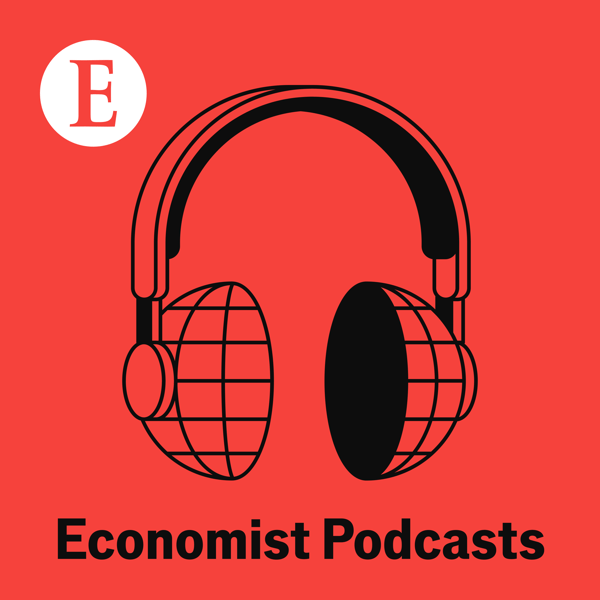The World Ahead: Pandemic predictions
Economist Podcasts
The Economist
4.4 • 4.9K Ratings
🗓️ 30 March 2020
⏱️ 25 minutes
🧾️ Download transcript
Summary
As the covid-19 situation worsens, host Tom Standage explores what the pandemic reveals about the perils of prediction and what other future threats we might be overlooking. Also, what a simulation of a future mission to Mars could teach us about self-isolation on Earth today. And, the hit video game “Plague, Inc” is teaching players about the dynamics of pandemics—and how to stop them.
Music by Chris Zabriskie "Candlepower" (CC by 4.0)
Please subscribe to The Economist for full access to print, digital and audio editions:
www.economist.com/radiooffer or here for The World in 2020
Hosted on Acast. See acast.com/privacy for more information.
Transcript
Click on a timestamp to play from that location
| 0:00.0 | Hello and welcome to the World Ahead on Economist Radio. I'm Tom Standich, Deputy Editor |
| 0:08.5 | at The Economist. In this Future Gazing Podcast series, we consider provocative prophecies |
| 0:13.6 | and speculative scenarios to gain a different perspective on the present. But right now, amid |
| 0:19.4 | the global coronavirus outbreak, it feels as though we're living in a dystopian sci-fi |
| 0:24.0 | scenario already. So in this episode, we'll be taking a number of different future gazing |
| 0:29.7 | approaches to look for lessons on how to deal with this extraordinary situation. We'll |
| 0:35.1 | find out what a future mission to Mars could teach us about self-isolation on Earth today. |
| 0:40.4 | You need to understand that Crouplehesion is the thing that allows a mission to be successful, |
| 0:46.8 | and if that fails, then it's all turn out. And we'll find out what's simulating the outbreak |
| 0:51.4 | in the form of a popular video game can tell us about how the pandemic might play out |
| 0:56.0 | in the next few months. The key scientific aspect in the game is the basic reproduction |
| 1:01.8 | number. This is a number that shows how many people can be infected by a single person. |
| 1:08.0 | But first, the idea of a black swan event was introduced by Nassim Nicholas Taleb, a |
| 1:16.0 | mathematician and investor in a 2007 book of the same name. It's an unexpected event |
| 1:23.2 | with a low probability of happening, but that has a large impact and falls outside of |
| 1:28.0 | people's normal expectations or experiences. So there have been many references to the |
| 1:33.1 | COVID-19 outbreak as a black swan, notably from Sequoia Capital, Goldman Sachs, Forbes |
| 1:39.6 | magazine and so on. But Michelle Wuker, an American author and analyst, has a different |
| 1:45.4 | analogy. This isn't a black swan, she argues, but a somewhat larger animal. |
| 1:51.2 | I call this sort of event the obvious, probable, high impact event a grey rhino. It's the |
| 1:58.2 | idea that something big, two tons is coming right at you with a horn. It's going to go |
| 2:02.7 | over you if you don't do something. It gives you a choice. |
... |
Please login to see the full transcript.
Disclaimer: The podcast and artwork embedded on this page are from The Economist, and are the property of its owner and not affiliated with or endorsed by Tapesearch.
Generated transcripts are the property of The Economist and are distributed freely under the Fair Use doctrine. Transcripts generated by Tapesearch are not guaranteed to be accurate.
Copyright © Tapesearch 2025.

